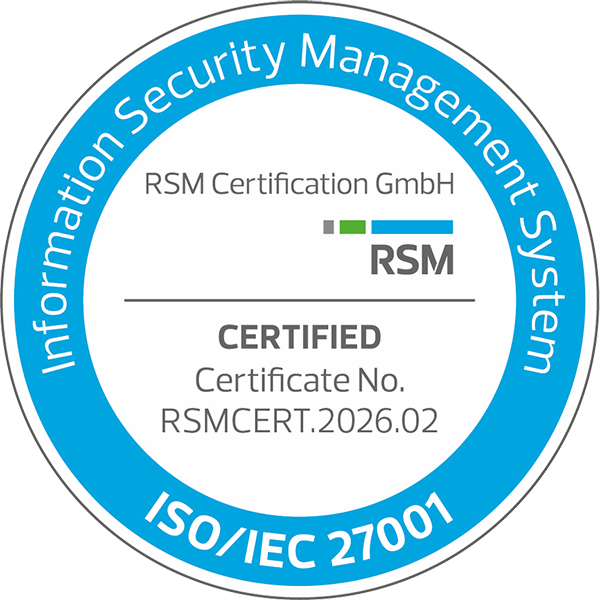context and relevance
In the wake of increasing geopolitical tensions and global dependencies, digital sovereignty is becoming increasingly important in Europe. Dependence on non-European cloud services, platforms, and software solutions poses risks to data protection, security of supply, and economic stability.
The current global situation clearly shows that digital dependencies can quickly turn into strategic risks. Trade conflicts, sanctions, and political tensions between major technology providers and their countries of origin highlight how vulnerable digital supply chains are. Europe—and Germany in particular—is dependent on non-European providers in many areas, such as cloud infrastructures, operating systems, and AI platforms.
What happens if critical services suddenly become unavailable? Or if sensitive data is processed outside European jurisdictions? The answer is clear: the ability of companies, public authorities, and entire economies to function is at stake. Some regulations addressing precisely this problem area are already in force as EU directives, which German companies must also comply with.
goals of digital sovereignty
- Technological neutrality: Development and use of European IT infrastructures. Fair contracts with regulated terms and conditions without dependencies. Politically and economically stable.
- Data sovereignty: Complete control over data storage, processing, and access. Ensures operational capability and compliance.
- Legal certainty: Compliance with European data protection and security standards such as GDPR, NIS2, and GoBD.
- Resilience: Protection against cyberattacks, data theft, and political influence. Local providers as points of contact in emergencies.
what this means for businesses
Digital sovereignty is not just a political goal, but a strategic success factor for companies. It strengthens competitiveness, reduces risks, and builds trust among customers and partners.
Enterprise Content Management (ECM) supports digital sovereignty by enabling companies to:
- manage content and documents in a legally compliant and traceable manner,
- store data within European infrastructures,
- design processes transparently and securely,
- and maintain internal control over sensitive information.
A sovereign ECM system with cloud infrastructure in a German or European data center is therefore a central building block for digital self-determination in a corporate context. Alternatively, hybrid cloud technology offers the ideal bridge technology for those switching over, allowing them to combine their own IT infrastructure with European cloud technology.

